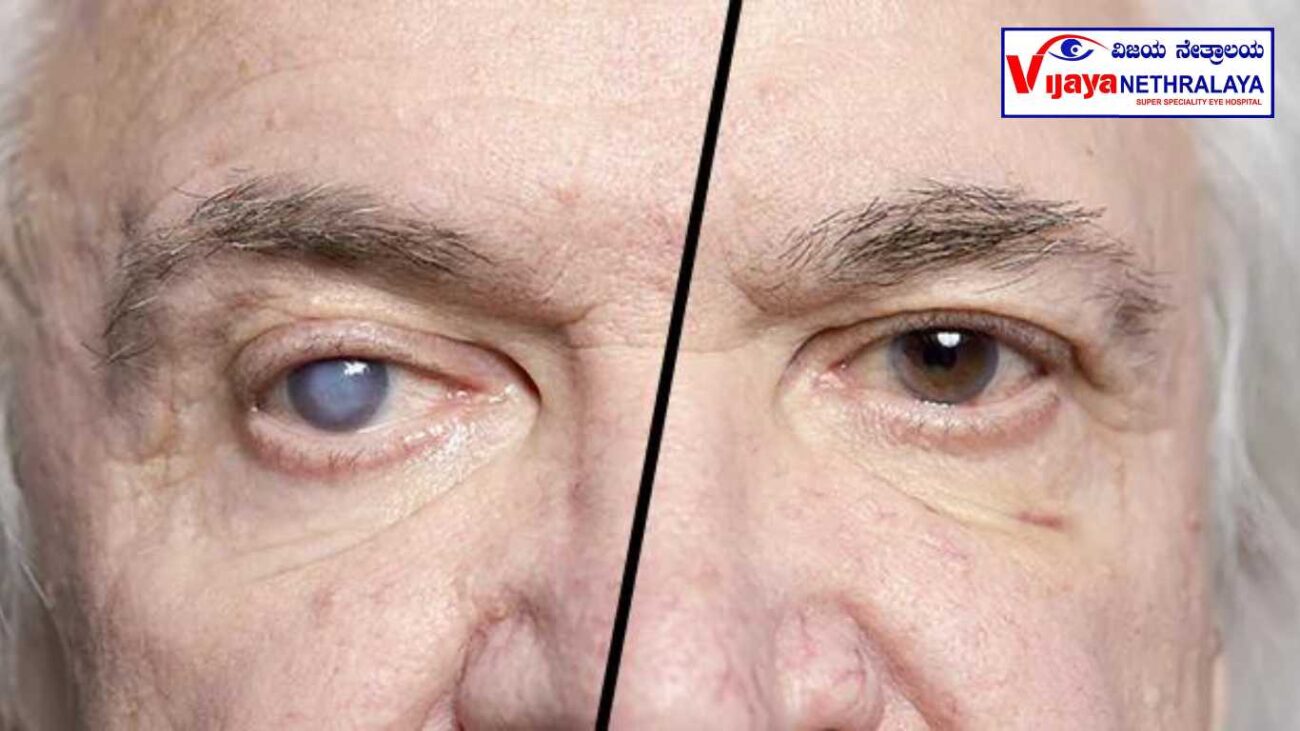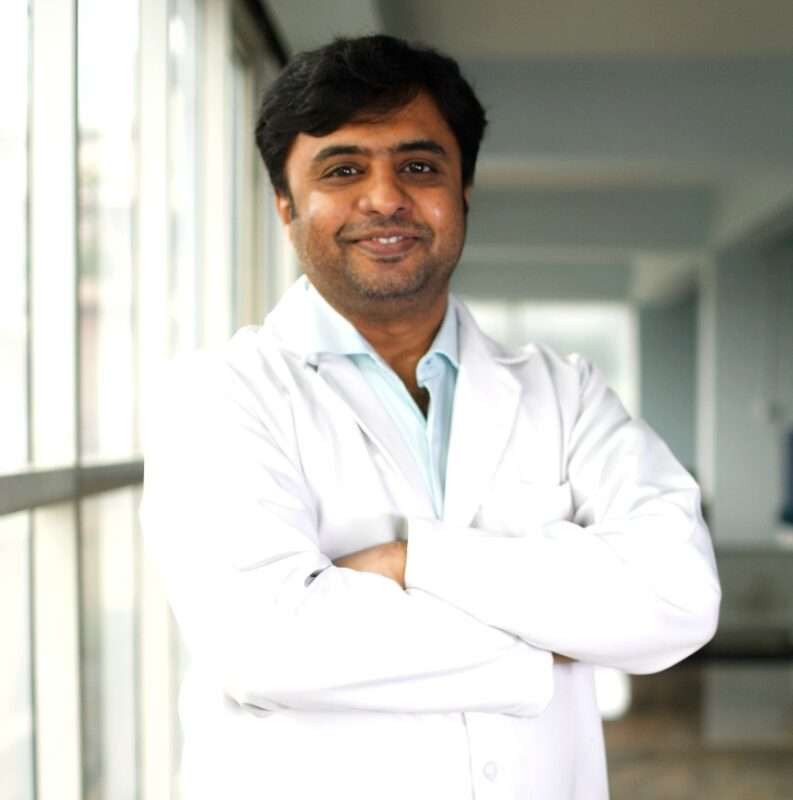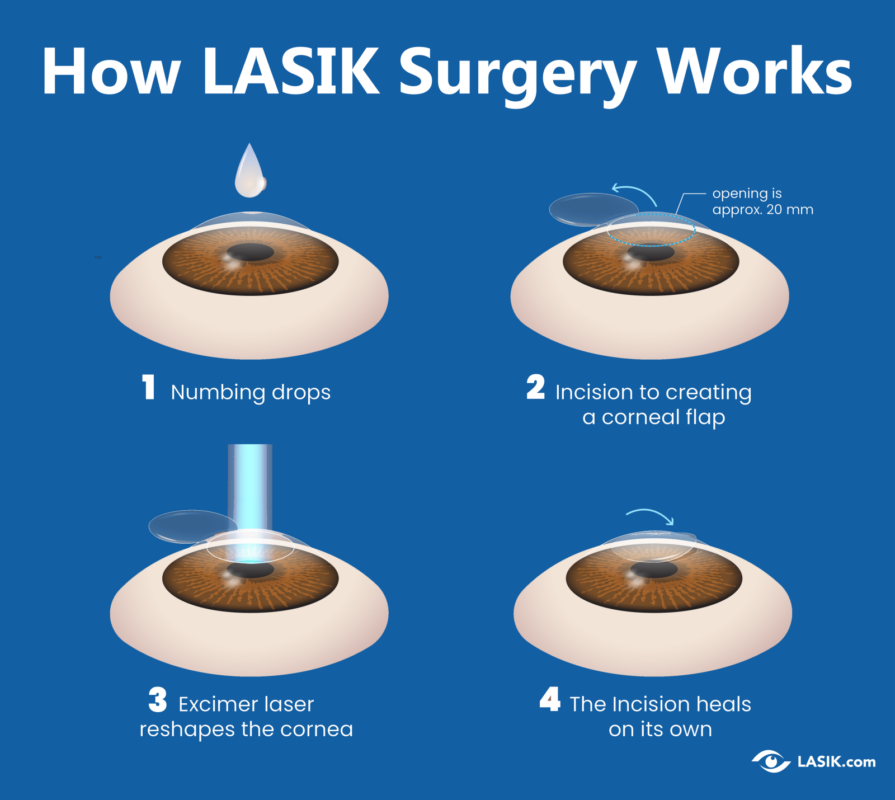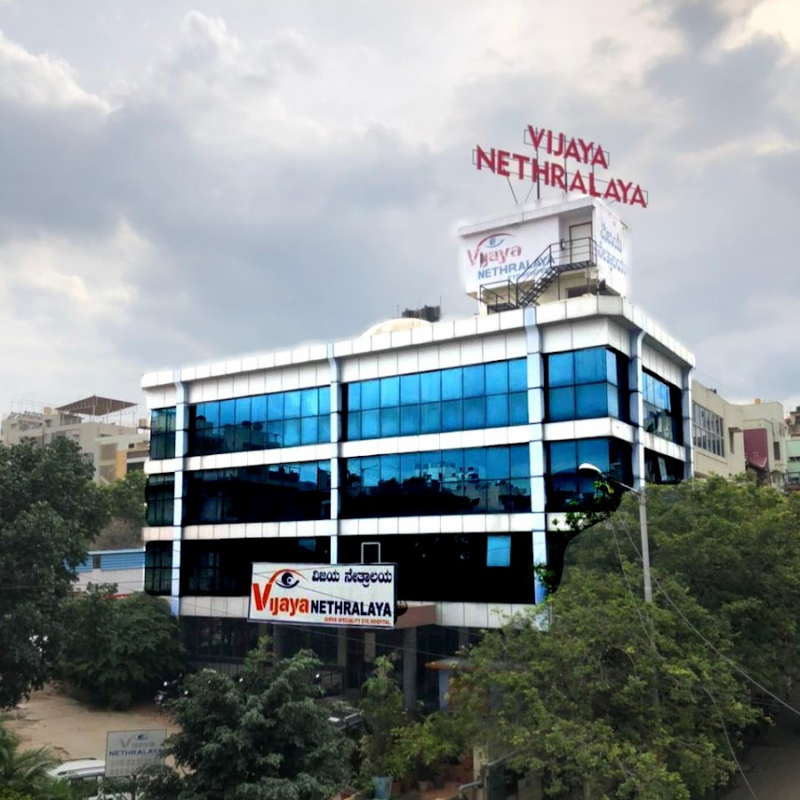Introduction:
Cataracts, a common age-related vision problem, can significantly impair one’s quality of life. Fortunately, cataract surgery has proven to be a highly effective solution, allowing individuals to regain clear vision. However, what happens when cataracts return or complications arise after the initial surgery? In this blog, we explore the possibility of undergoing a second cataract surgery on the same eye, providing a renewed opportunity for visual restoration and improved clarity.
Understanding Cataract Surgery:
Before delving into the concept of a second surgery, let’s briefly review cataract surgery itself.
During the procedure, the surgeon removes the cloudy lens affected by cataracts and inserts an artificial intraocular lens (IOL) as a replacement.This IOL helps to restore clear vision by focusing light onto the retina, compensating for the loss caused by the cataract.
The Need for a Second Cataract Surgery:
While cataract surgery is highly successful for the majority of patients, there are instances where complications can arise or new problems can develop over time. These situations may warrant a second surgery on the same eye.

Take action now and consult with our expert surgeon to discuss the possibility of cataract surgery and discover the potential benefits for your vision and quality of life.
Common reasons for considering a second surgery include:
- Posterior Capsule Opacification (PCO): Sometimes, the thin capsule behind the IOL becomes cloudy, leading to blurred vision. A simple laser procedure called a YAG capsulotomy can effectively treat PCO and restore clear vision. however in extreme rare cases if the capsule is very thick surgical intervention may be required .
- Residual Cataract: During the initial surgery, the surgeon may leave behind a small portion of the cataract (lens matter) or new layers can form over these with time.These residual lens matter can significantly impact vision and may necessitate a second surgery to remove them.
- Refractive Enhancement: Following the initial phacoemulsification some patients may require additional vision correction for near or distance vision. A second surgery, often involving an IOL exchange, enhancements, Piggy Back lenses can address these refractive errors and optimize visual outcomes.
- Not implanting The IOL in the First sitting:The surgeon may find implanting the IOL in the first sitting too risky due to various reasons, such as the absence of support or high intraocular pressure. As a result, they may plan a second surgery to correct the primary procedure.
- The surgeon may defer the implantation of the IOL due to poor visibility of the cornea or swelling of the cornea, which hinders their ability to perform the procedure effectively.

The Success Rate and Considerations:
It’s important to note that a second phacoemulsification on the same eye is a complex procedure that requires careful consideration and evaluation. The success rate of such surgeries depends on various factors, including the patient’s overall eye health, the presence of other eye conditions, and the surgeon’s expertise.
Prior to recommending a second surgery, the ophthalmologist will thoroughly assess the patient’s specific situation, evaluating the risks, benefits, and potential outcomes. The surgeon will also take into account factors such as the patient’s visual needs, their ability to undergo surgery, and their expectations.
Authour details:
Dr. Sushruth Appajigowda is a well-known Cornea, Cataract, and LASIK Surgeon in Bangalore, and the chief Cataract and Refractive surgeon at Vijaya Nethralaya Eye Hospital, Nagarbhavi Bangalore. Known as one of the best LASIK surgeons in the country, he has over 12+ years of experience with multiple platforms of LASIK like ZEISS, ALCON, SCHWIND, AMO, and Bausch and Lomb. He has conducted over 5000 LASIK. Dr Sushruth is a Certified Refractive Surgeon and Fellow of All India Collegium Of Ophthalmology. His expertise lies in choosing the right type of procedure for you based on your health requirement. You can schedule an appointment by scanning the QR Below or clicking the link below the QR and say bye to glasses forever!

Conclusion:
While cataract surgery is typically a one-time procedure, circumstances may arise that necessitate a second surgery on the same eye Consulting an experienced ophthalmologist is crucial to determine the feasibility and benefits of a second cataract surgery, offering renewed clarity, improved vision, and optimal visual outcomes.
FAQS:
1. can cataract surgery be done twice on the same eye?
In specific situations, the surgeon can perform cataract surgery twice on the same eye. While phacoemulsificationis typically a one-time procedure, there are instances where a second surgery may be necessary.
2. What are the reasons for needing a second cataract surgery?
The need for a second surgery can arise due to complications after the initial surgery, such as posterior capsule opacification (PCO), residual cataracts, or the need for refractive enhancement to address vision issues.
3. Are there any risks or complications associated with a second cataract surgery?
Like any surgical procedure, there are risks involved in cataract surgery. These risks can include infection, inflammation, swelling, bleeding, or changes in intraocular pressure.However, the surgeon minimizes these risks through advancements in surgical techniques and careful evaluation.
4. Can a second phacoemulsification provide better results than the initial surgery?
The aim of a second cataract surgery is to address any complications or vision issues that were not adequately resolved in the initial surgery.











